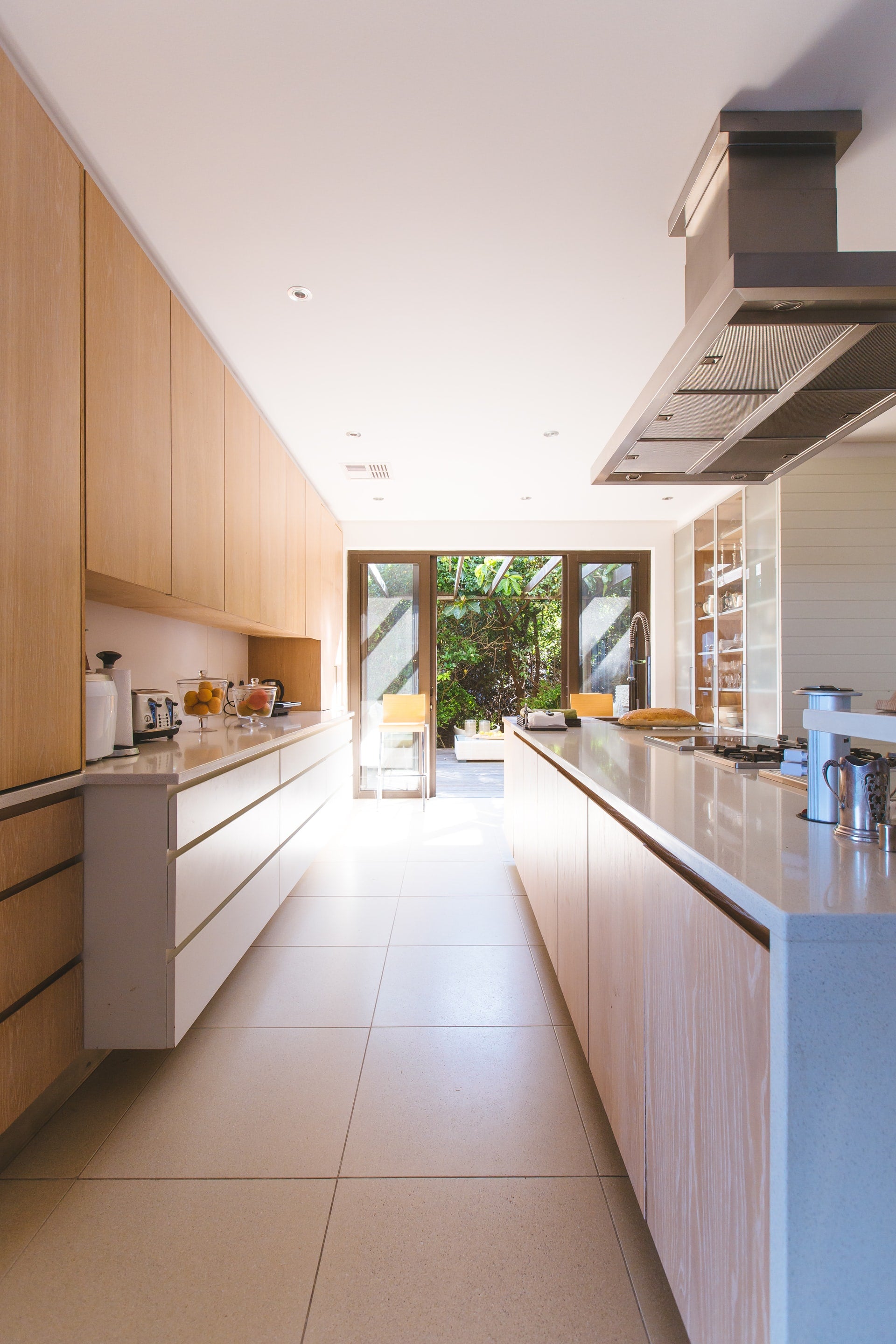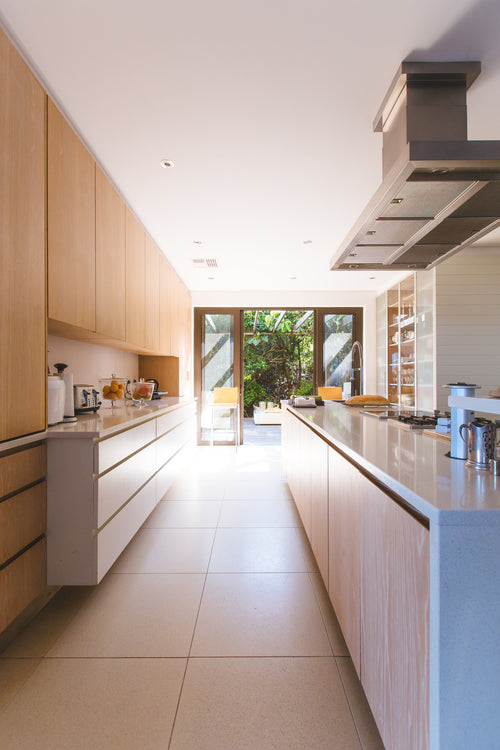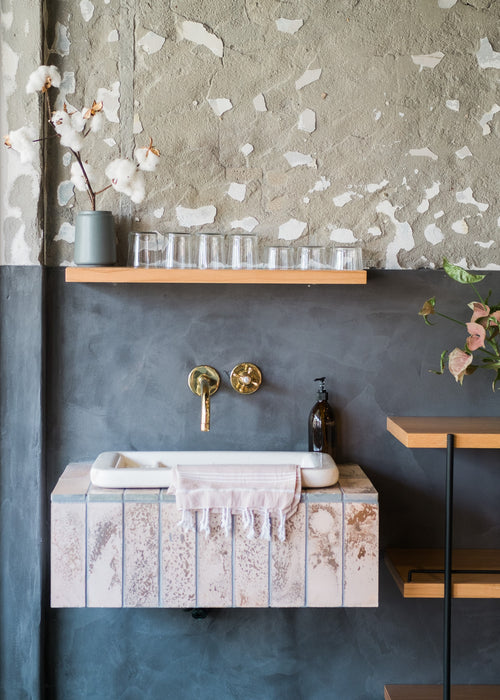One of the best ways to give your kitchen a facelift is to install a new stone countertop. Countertops take up a lot of space in kitchens and their appearance is key to the overall look and feel of your kitchen. Updating your countertop isn’t always easy—and it’s essential to ask the right questions before you choose a countertop. Here are five of the most important questions to ask your kitchen countertop installer that will help you select the countertop that will suit your needs and make your kitchen as beautiful as you want it to be.
#1: IS IT BETTER TO USE NATURAL STONE OR ENGINEERED STONE?
Both natural stone and engineered stone have their advantages and disadvantages related to cost, performance, and appearance. You should make sure that you understand what type of stone will best serve you. With natural stone, the advantages are a unique appearance and the value they add to your home. They can also be extremely durable. However, natural stone may be more porous than engineered stone and thus more prone to damage. Engineered stone is durable but may be vulnerable to heat damage, so you’ll need to be sure to use a trivet before placing a hot pan on the countertop. With more uniformity than natural stone, which may be favorable or unfavorable to you depending on the look you’re going for. Engineered stone is also an eco-friendly option and usually more affordable than natural stone.#2: WHAT NATURAL STONE SLABS DO YOU HAVE AVAILABLE?
If you opt for natural stone, you should be aware that slab availability may vary from region to region and fluctuate depending on the time of year. Make sure that you understand the options that are available to you.On a related note, you should always ask to see the full slab before settling on a countertop. Keep in mind that a snapshot of a section of the slab may not be indicative of the overall appearance. To get a clear picture of what the countertop will look like once it’s installed in your kitchen, ask to see the entire piece before you buy it.
#3: HOW DURABLE IS THE STONE AND HOW MUCH CARE & MAINTENANCE WILL IT REQUIRE?
Stone countertops can be durable but there are differences that can greatly affect your use of the countertops. For example, marble stains more easily than granite. You’ll need to be aware of the maintenance requirements to ensure you can keep your countertops looking their best.Just as important as the type of stone you choose for your countertops is the finish you decide on. Many homeowners prefer a polished look for their kitchen countertops, but a polished finish isn’t suitable for every type of stone. For example, travertine is often tumbled instead of polished. An experienced countertop installer will be able to walk you through the options and help you decide.
#4: WHAT IS THE PROCESS AND TIMELINE FOR ADDING STONE TO MY KITCHEN?
Stone countertops require some special considerations that can make the installation process longer than it would be with a tile countertop. You should be sure to ask your installer how long it will take and whether any additional work will be required.One issue that many homeowners fail to consider is their existing cabinet structure and whether it can support a stone countertop. You should also ask about whether large slabs will fit through your door and how long the installation will take from start to finish.
#5: DO I NEED TO SEAL MY STONE COUNTERTOP?
The final question to ask also has to do with protection and maintenance. Some stone installers will apply a layer of sealant on your countertops upon installation, but it’s important for you to understand sealing your countertop so you can maintain its appearance and help it withstand the wear and tear of daily use.Even if your countertop has been sealed, you will want to re-apply a sealant periodically to protect against liquids, stains and bacteria that can settle into the pores of your stone countertop. Pick a sealer that is multipurpose and can be used frequently to maintain optimal protection and beautify your countertop.




